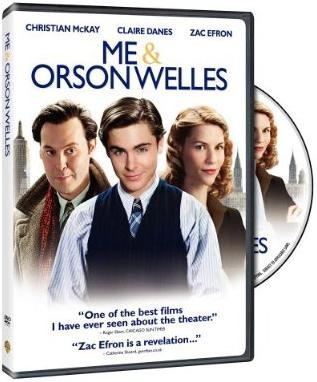I've been using some of my copious free time to catch up on some required reading. For example, I should have read Katherine Duncan-Jones' Ungentle Shakespeare: Scenes from his Life in 2001.
Duncan-Jones is one of the truly great Shakespeare scholars of all time, and even though her biography of Shakespeare covers most of the same material you'll find elsewhere, it's being handled here by the hands of a master. She's always enormously meticulous, incredibly scholarly, and eminently readable.
She also pulls no punches about detrimental information about Shakespeare's character. She lets us know that he may have been mean (in both senses of the word), selfish, and critical. If you want a biography that tempers the bardolators of the world, this is it.
Duncan-Jones places Shakespeare uncompromisingly in his day and age. There's no room for any authorship debate when the facts are so clearly outlined. One moment when this particularly struck me (although Duncan-Jones does not use it to refute any alternate authorship theory—she's just presenting the facts) was in this passage:
That's very interesting. Augustine Phillips acted with William Shakespeare. If there were any sort of conspiracy in which Shakespeare didn't actually exist or wasn't actually an actor, why would Phillips be leaving him any money at all—let alone a substantial amount? Surely you're not allowed to leave a pseudonym a legacy in your will!Just at the moment when he might have anticipated a life of prestige and privilege at court and elsewhere, Shakespeare in middle age was reduced once again to a stressful and uncertain period as a travelling player. He and his colleagues also experienced bereavement. Their patron, the affable and generous Sir George Carey, second Lord Hunsdon, died in September 1603, only six months after the death of his cousin and Queen. Closer to home, however, was the death in 1604 of the leading player Augustine Phillips, whose Mortlake house had offered shelter to the King's Men in the plague-ridden autumn of 1603. First mentioned among his colleagues, he left "to my fellow William Shakespeare a thirty shillings piece in gold." Phillips and Shakespeare were evidently close friends as well as close colleagues. (182)

















